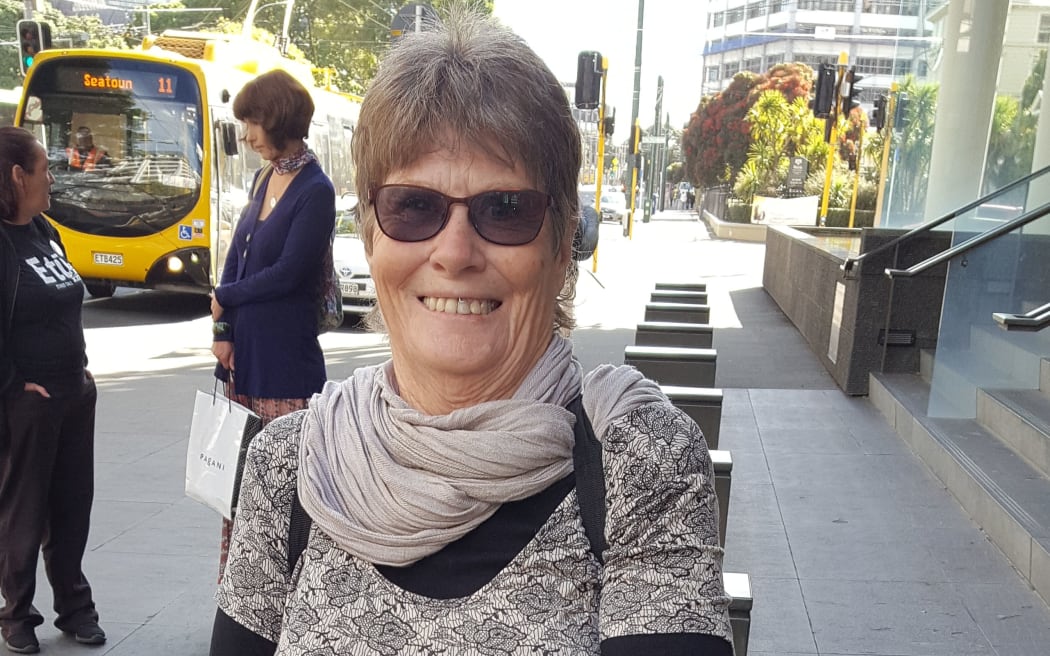The lawyer for a woman paid just $3 an hour to work as a support carer for the elderly says 30,000 women are in a similar position, and outside the usual employment system.

Janet Lowe outside court: 'How come a government department that professes to look after the elderly can get away with paying $3 an hour?' Photo: RNZ / Anne Marie May
In March 2015, the Employment Court ruled in favour of Janet Lowe, but that decision was later overturned by the Court of Appeal.
That court had ruled that relief carers were not employed by the Health Ministry or District Health Boards, and did not qualify for the minimum wage.
Peter Cranney, Ms Lowe's lawyer, said today in the Supreme Court that pay rates for relief carers had not changed for more than 20 years and the current system also denied them other rights, including the ability to join a union.
"It is not just a question of the minimum wage, but also the right to organise and to unionise which you don't get in New Zealand unless you're an employee."
Mr Cranney said about 30,000 women did relief carer work and they were totally outside the usual employment system.
"The health system employs home care workers, most of whom are employed by third parties on minimum wage, but [they are] employees. These people are below that, at the lowest level of the whole health system."
However, health authorities claimed the $3.00 an hour paid to Ms Lowe and other relief carers was an allowance, not a wage, and at one hearing she and her colleagues were referred to as "volunteers".
Crown lawyer Joanna Holden reiterated in the Supreme Court today that there was no employment relationship between the relief workers and those funding the service, only between the relievers and the person they are standing in for.
"The scheme says 'we will provide a certain number of days and you go away and pick what you like', so it's the primary carer who is entitled to apply the subsidy to whatever they wish to use it for."
Ms Holden said for there to be a formal employment relationship between the health board or ministry and the relief carers, the latter would have to have some degree of control and oversight over the work carried out.
She said the Employment Court found there was some oversight, but the Court of Appeal said it was not enough to suggest a formal agreement between the boards and the relief carers.
Outside the Court, Ms Lowe described the health authorities' arguments as "spurious" and said the injustice and unfairness of the situation was her motivation to continue her legal battle.
She said it would be impossible for those she cared for to pay the shortfall between what she received and the minimum wage, because they were on pensions and sickness benefits.
Ms Lowe said people living in resthomes had their care paid for and she wanted to know how the health authorities decided who was deserving of assistance and who was not.
"People who come into this country on visas to help out [for example] in an Indian restaurant - if their bosses have underpaid them and they take a case they have to be reimbursed the rest of the money."
"So how come a government department that professes to look after the elderly can get away with paying $3 an hour and calling it an allowance?"
The Supreme Court has reserved its decision.



